Here's how Dubai’s free zones are attracting global retail technology innovators
Dubai has always conveyed a sense of emerging innovation in architecture, technology, and wealth development. A dazzling desert playground for oil and finance moguls, the Emirates are now rebranding as a global launchpad for digital tech startups.
No longer a private forum for ambitious conceptual projects dreamed up by billionaires, the free market shift in business is rolling out a red carpet for entrepreneurs and founders around the globe.
Silicon Valley, Singapore, Tel Aviv, and Berlin were considered the leading innovation hubs until recently, but Dubai’s regionally strategic location and market-led economy are enticing the next wave of visionaries.
The emergence of Dubai’s tech market is fuelled by flexibility, founder-friendly regulations, cutting-edge digital access, and a pivotal location that unlocks the wider Middle East and North Africa (MENA) markets.
Why Retail Tech Startups Are Looking to Dubai
Dubai’s appeal to retail tech lies in its practical focus and facilitation of business development. Tax policies are as good as it gets with 0% income tax, no corporate tax for most sectors, and streamlined incorporation processes that allow launches within mere weeks rather than months. Against the backdrop of stable currency and access to deep funding pools, discerning founders see a welcoming environment.
Aside from cost saving and access to finances, Dubai logistics and infrastructure support are among the best in the world. Ample warehouse facilities, uncomplicated customs clearance, and cross-border e-commerce integration include digitised payment systems that reduce the friction that deters small or mid-sized retailers from scaling up.
Dubai has also set itself apart as a business-first hub of FinTech, luxury real estate, and digital innovation. The UAE has revamped everyday government tasks - like applying for permits, renewing visas, and starting businesses - much quicker and easier by moving them online. With apps and digital services, administrative tasks that involved long queues or piles of paperwork previously can now be done in just a few clicks. It’s part of the country’s visionary plan to make work life smoother for businesses and visitors by harnessing technology that simplifies the process.
This tech-forward approach resonates with retail innovators who find their needs predicted and met by the city’s intuitive operational model.
The Role of Free Zones in Startup Success
In simple terms, a free zone is an area where businesses can set up with minimal restrictions and more support than elsewhere. Companies in these zones don’t pay usual taxes and can be owned by foreign entrepreneurs – a perk not always possible throughout the UAE. They make business faster and cheaper and accommodate expat digital habits.
With over 30 zones across different sectors, these districts offer exemption from import/export duties and fast-track licensing that skips the bureaucratic red tape common elsewhere in the world.
Standouts include the Dubai Multi Commodities Centre (DMCC), Dubai Internet City (DIC), and Dubai Airport Freezone (DAFZA) established in 1996. Each business hub provides specialised support for tech-driven retail startups: think co-working spaces, business incubators, cloud-based services, and sector-specific networking events.
These zones haven’t just caught global attention – they are driving real growth. Take Cartlow, a reverse logistics platform that began testing B2C operations from a Dubai free zone and has since expanded into Saudi Arabia. Or Mumzworld, an e-commerce company tailored to mother and baby products, which scaled rapidly around the world and made the Forbes list of “Women Behind Middle Eastern Brands” thanks to DAFZA’s proximity to air freight services.
According to 2024 reporting from the Dubai Chamber of Digital Economy, these companies are three times more likely to secure venture funding than their counterparts outside the free zones. The combination of low setup costs, international exposure, and startup-specific support propels MENA retail growth quite successfully.
Beyond Business: The Lifestyle Pull for Founders and Talent
While tax incentives and impressive infrastructure are a significant draw, Dubai lifestyle is lacking for nothing that visitors and residents want.
Far beyond skyscraper aesthetics, the city offers luxury housing and world class healthcare - all within 20 minutes of the office. Digitised government services ensure that everything from visas to vehicle registration can be managed online, and every form of entertainment has followed suit. For tech founders accustomed to frictionless UX, Dubai’s round-the-clock digital connectivity with high-speed broadband and 5G coverage make the transition to living and working in Dubai feel flawless.
Though there are no shortage of beautiful locations to visit, entertainment is increasingly accessed online as well. Many expats use VPNs to visit international platforms like streaming and gaming sites, including the Dubai casinos at emiratescasino.com. While gambling, both online and offline, is generally restricted in the region, VPNs allow players to enjoy online slot and table games and even join live casino games in the same fashion that most of the rest of the world enjoys. This high-level digital flexibility means there are no barriers to excitement in the boardroom or living room.
Technical and cultural agility are the reasons Dubai’s appeal doesn’t end with business infrastructure. Wherever you turn, the doors to opportunity happily open to residents of this city, allowing them to curate whatever work-life blend they wish.
Regional Retail Potential and Access to Emerging Markets
Dubai’s geographic location stands as a powerful gateway to emerging retail economies across the Gulf, North Africa, India, and Southeast Asia. And in this part of the world, proximity is access.
E-commerce and tech startups in Dubai can test retail models in this cosmopolitan city before expanding to Riyadh, Cairo, or Mumbai. That agility is critical in regions where consumer behaviour is rapidly moving online. Mobile-first shopping, embedded payments, and influencer led commerce have reshaped retail norms. They’ve also opened even small businesses to a dramatically expanded audience.
Regional consumers are increasingly receptive to innovation. In Saudi Arabia, for instance, digital wallet usage surged post-pandemic, while in Egypt, social commerce is booming. For retail tech startups, Dubai offers a solid testing ground with a generous cushion of support and low financial risk. It’s also optimally positioned amid high-growth markets that respond well to new and creative solutions.
What’s Next for Retail Tech in the UAE?
Looking forward, Dubai is positioning itself at the frontier of retail tech trends and will continue to lead admirably in this space.
Expect to see a deeper integration of AI-powered tools and analytics, allowing brands to forecast customer demands, personalise shopping experiences, and optimise all their business logistics in real time.
Virtual reality shopping has established itself as the norm, especially among high-end retailers who see immersive journeys as a way to deepen brand loyalty. Embedded fintech – from BNPL (Buy Now, Pay Later) solutions to blockchain-based loyalty programs that improve security – is also gaining traction.
Can Dubai rival London or Singapore as a global retail tech hub? It’s not a direct comparison with so many features of the region being uniquely set apart. However, with rising investment from MENA-based venture capitalists, increasing government support, and a founder-centric mindset, the UAE is closing the gap and charging ahead.
Dubai’s unique harmony of zero-tax incentives, digital infrastructure, and geographic position is helping it to rewrite the global startup playbook. Founders once drawn to legacy innovation cities like London or Austin are now exploring Dubai as a first-choice destination.
It’s not only the ease of doing business that invites them – it’s the lack of red tape, scale, speed, and a lifestyle designed for the digital generation. From a Dubai live casino streamed via VPN to rapid tech licensing in the UAE, the next retail revolution might just hinge on the efficiency of free zone economic engines.
While challenges remain – the cost of living in Dubai can be steep for early-stage bootstrapped founders – flexible work visas, targeted grants, and even co-housing options mean the ecosystem is adapting. As the retail tech sector evolves, Dubai offers not just a market, but a movement.
And where infrastructure and ambition are aligned, we can expect to see continued success.


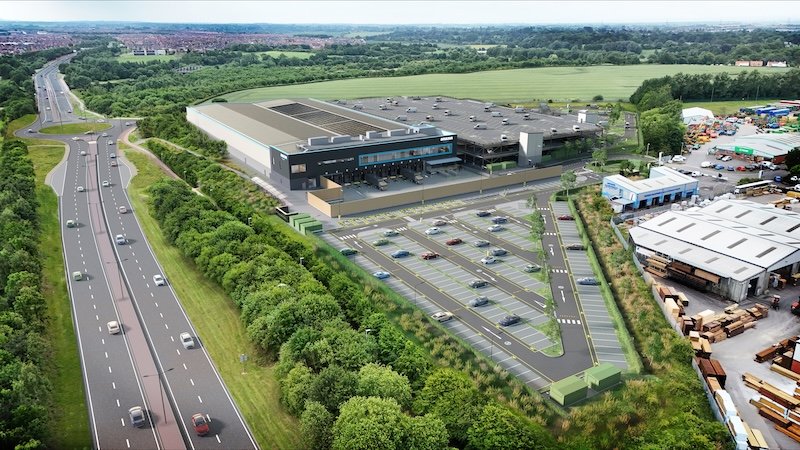


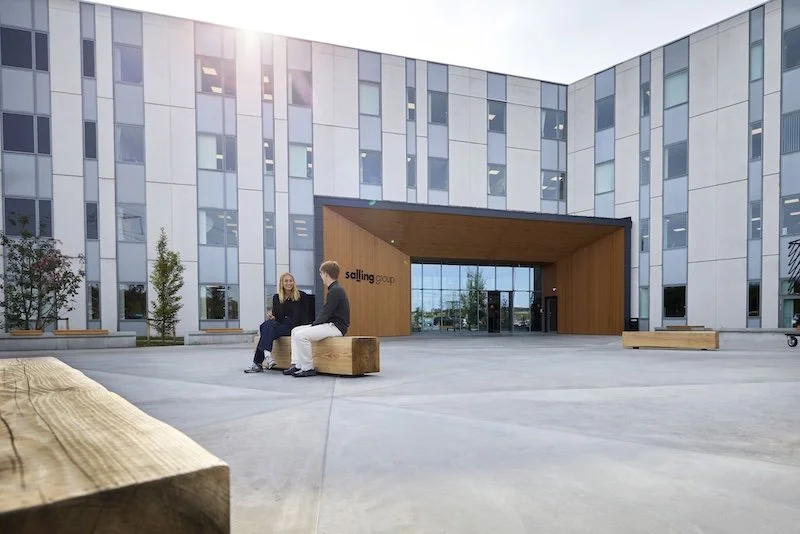
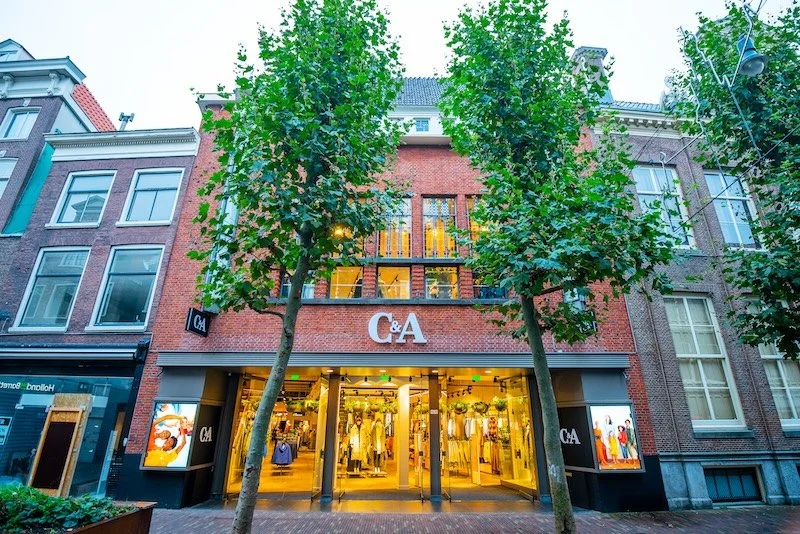

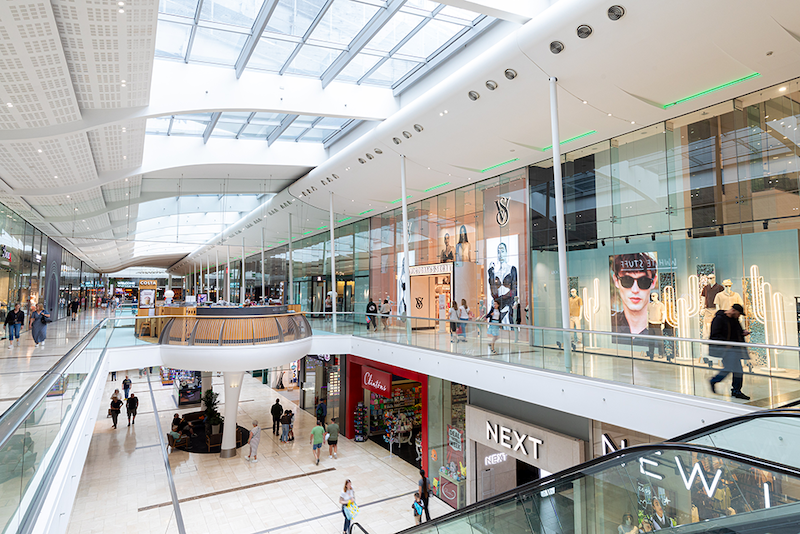

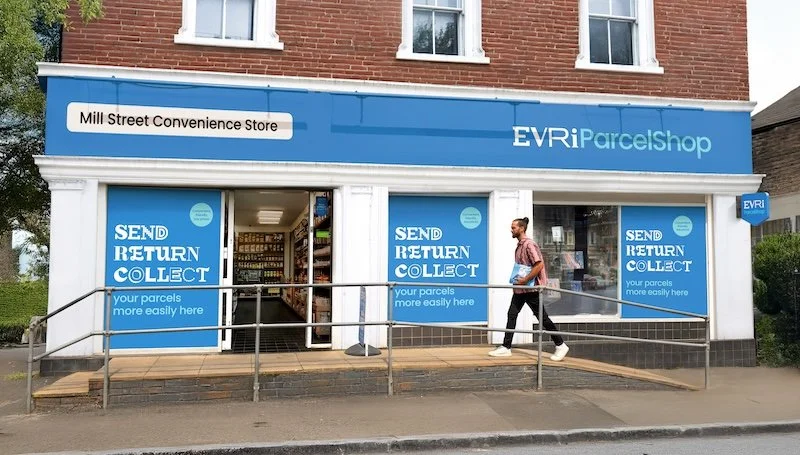
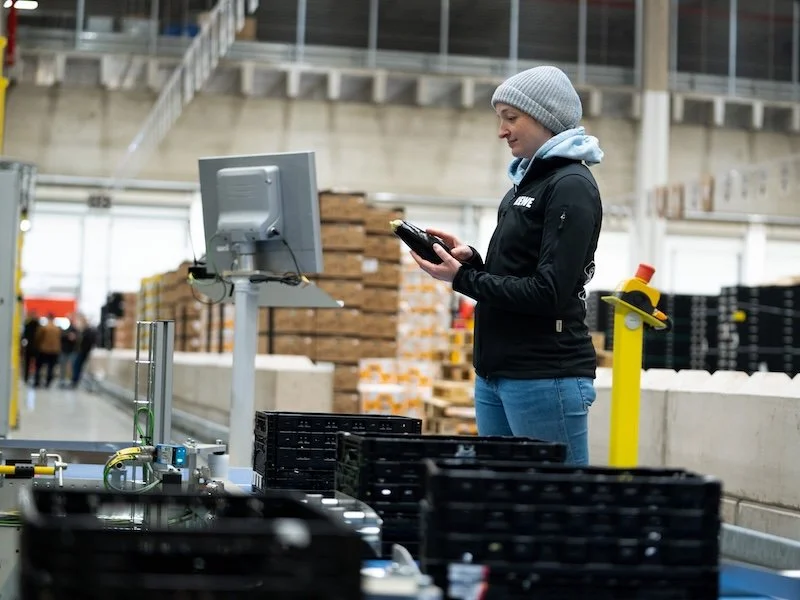



















Continue reading…